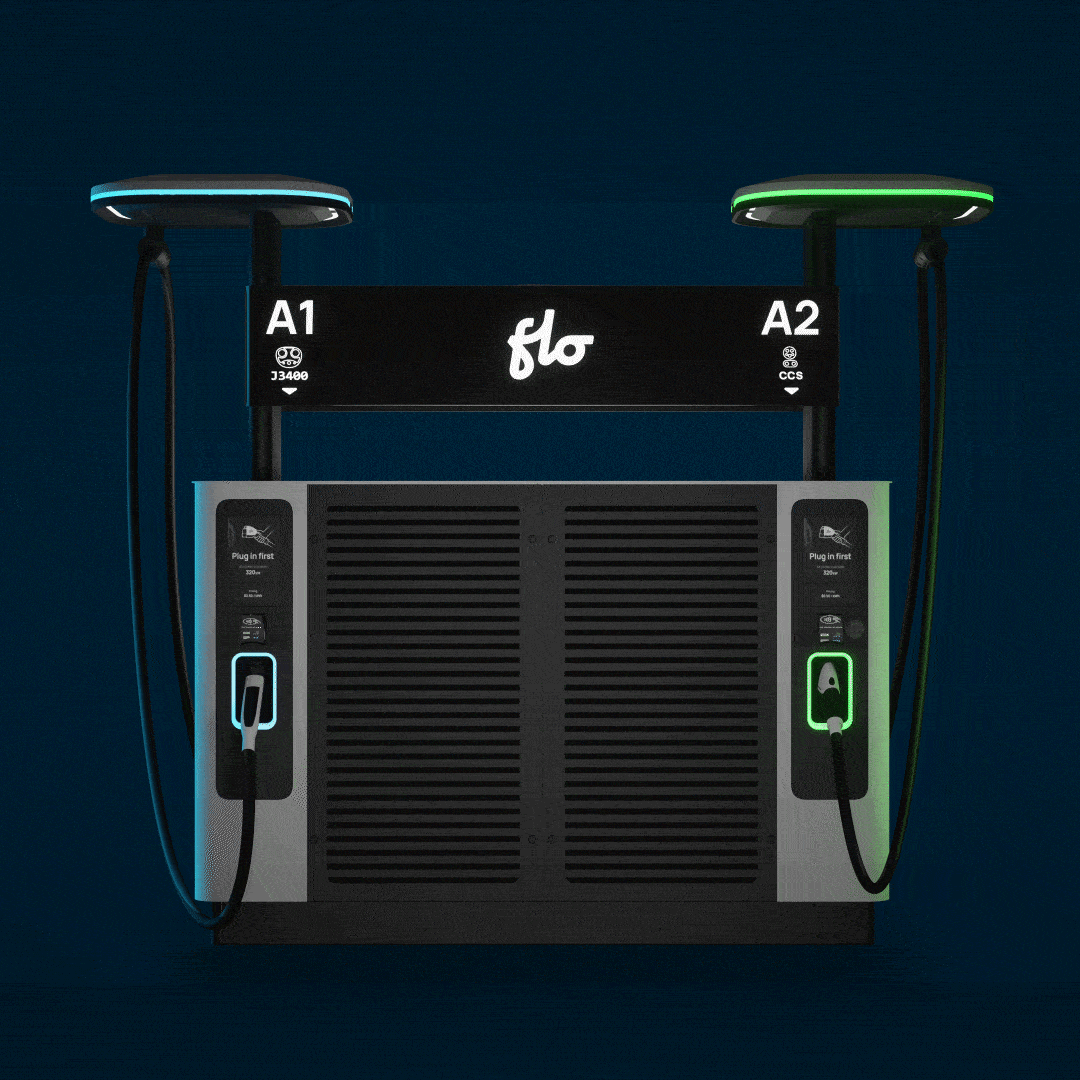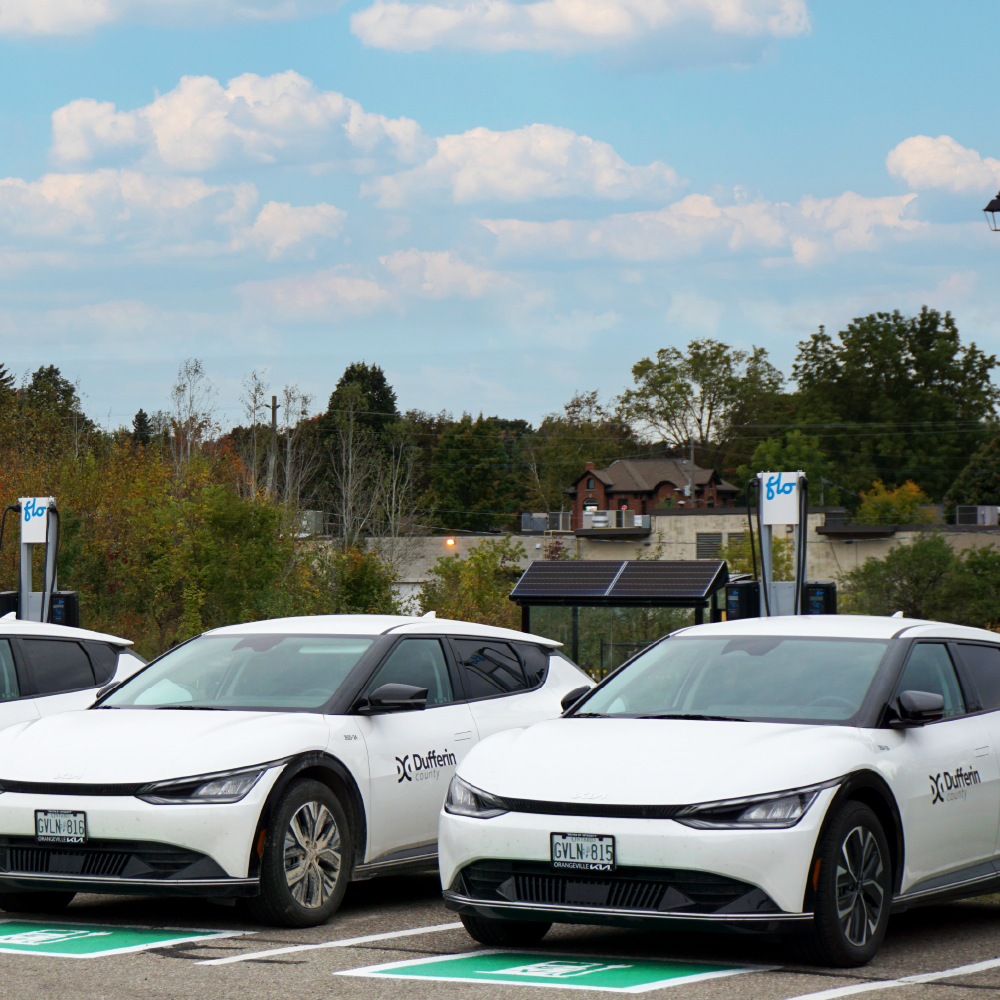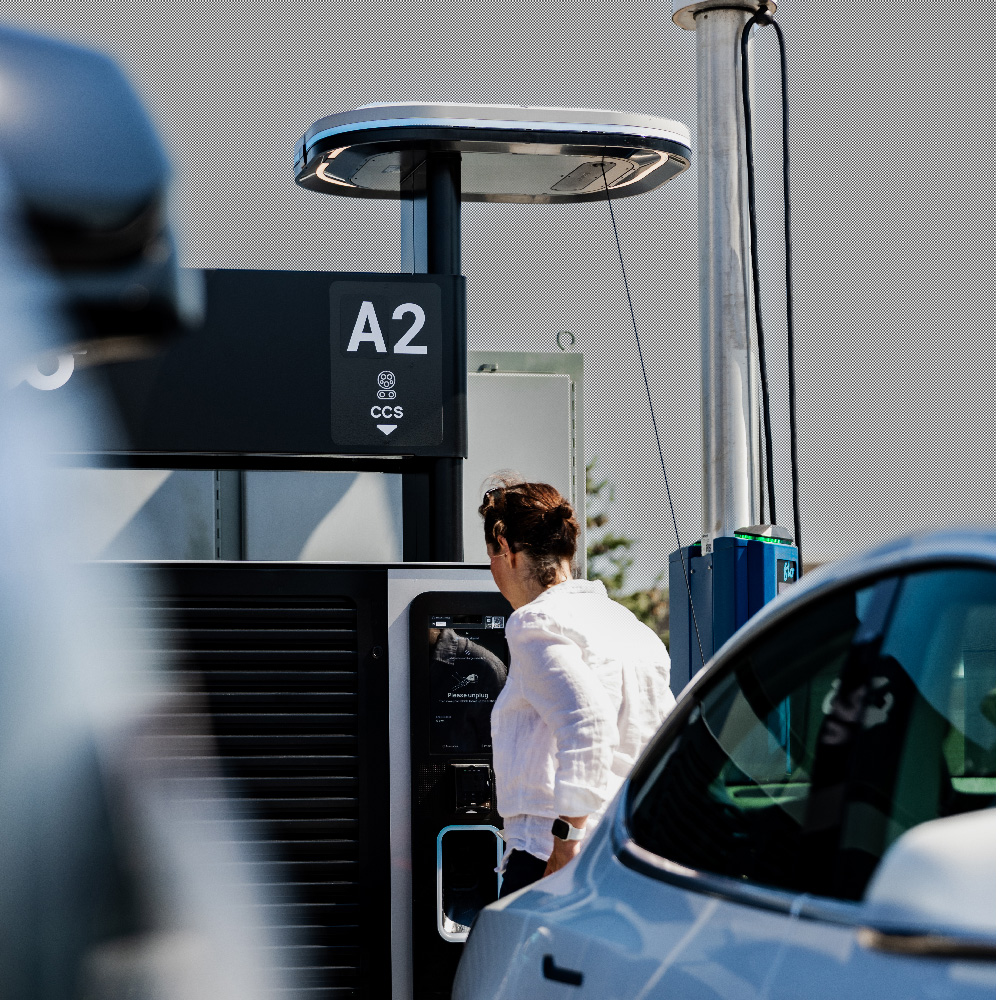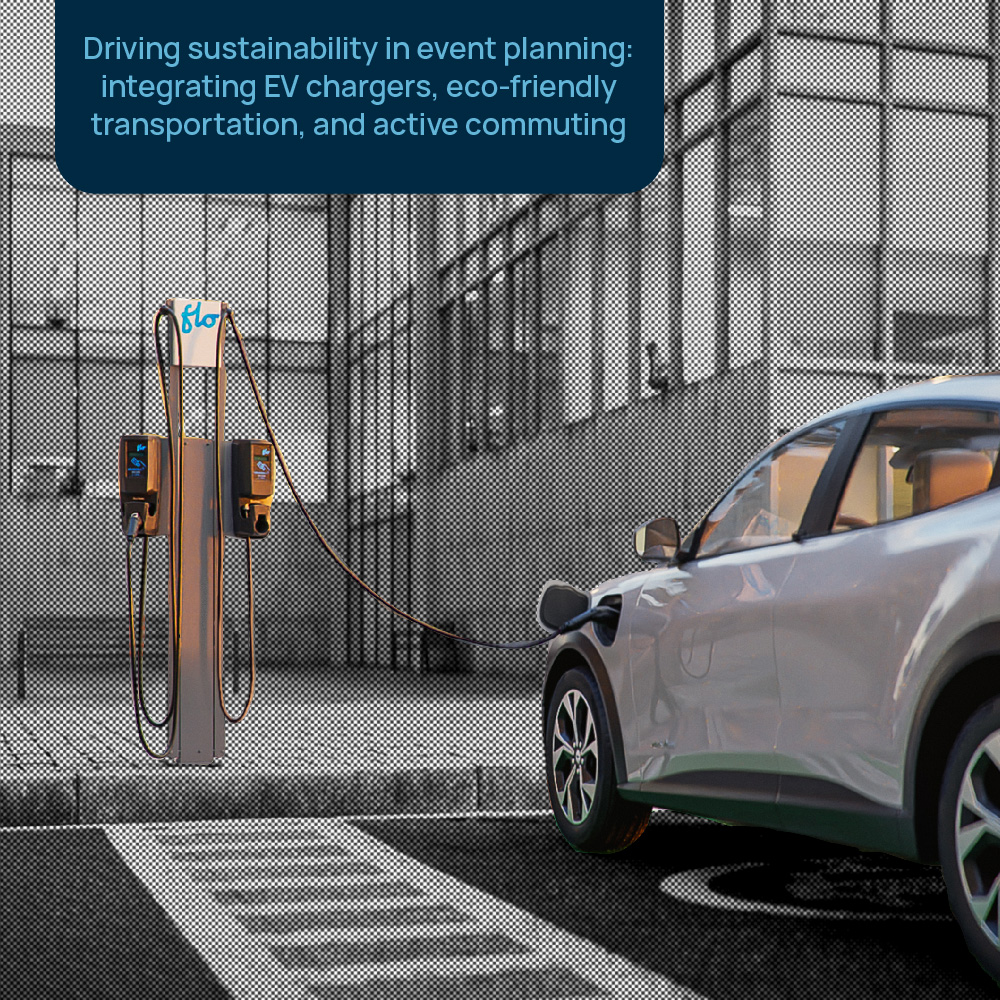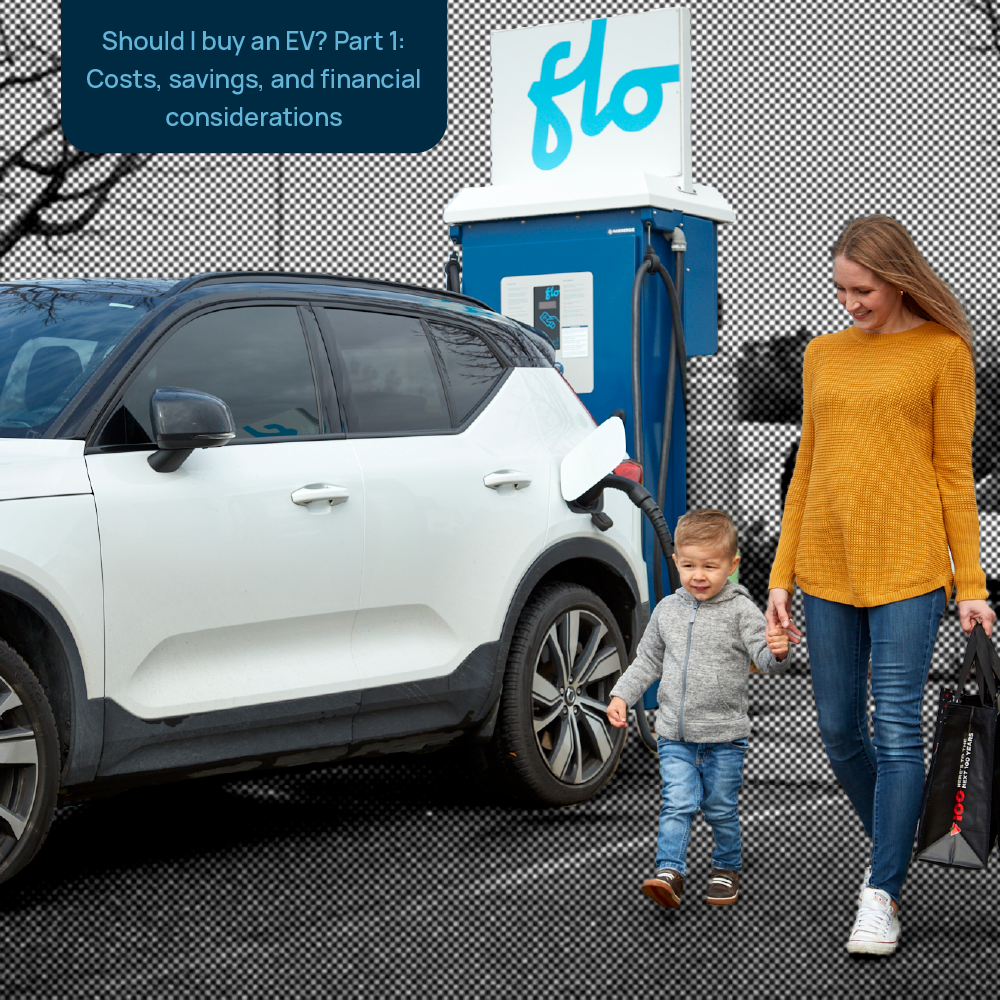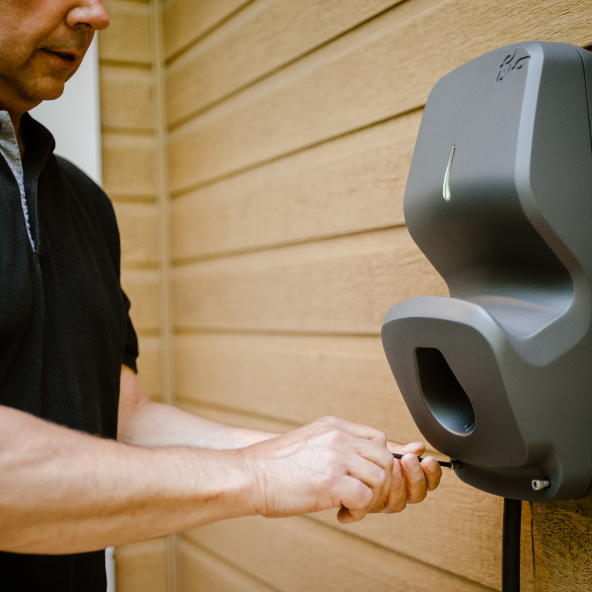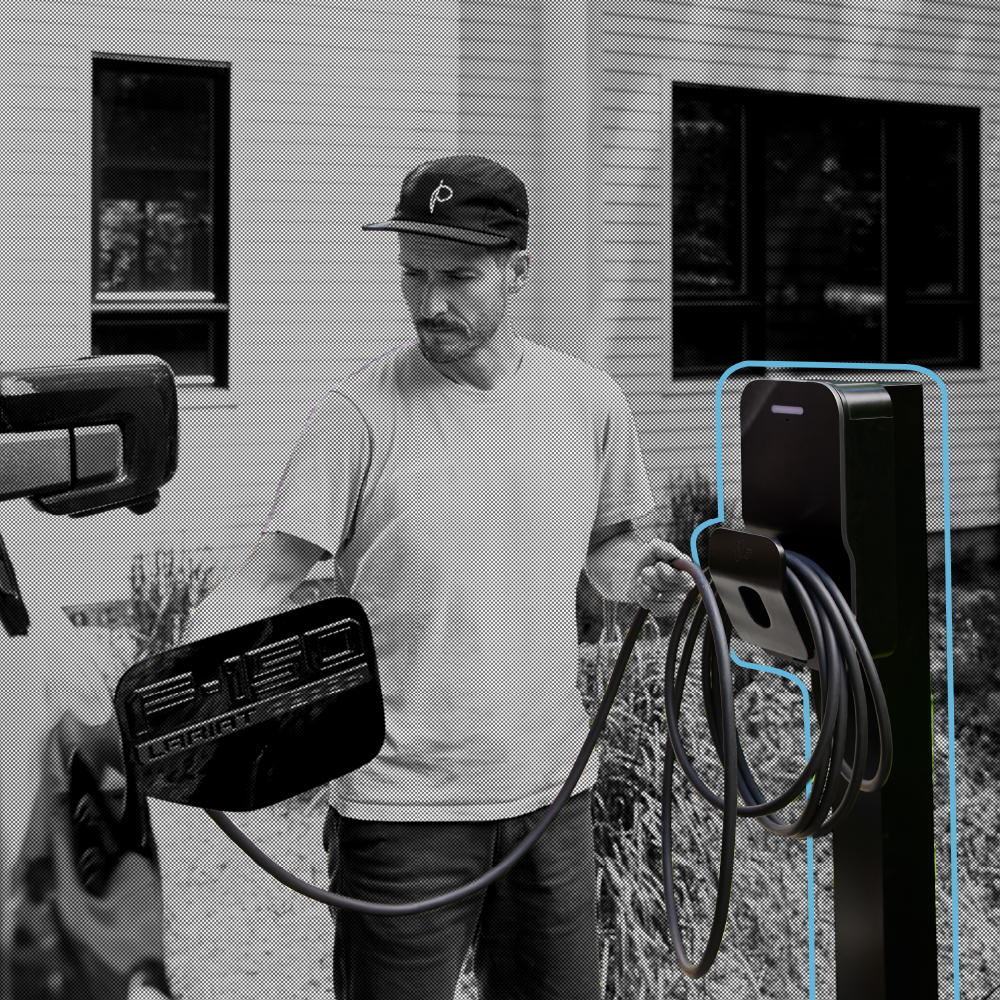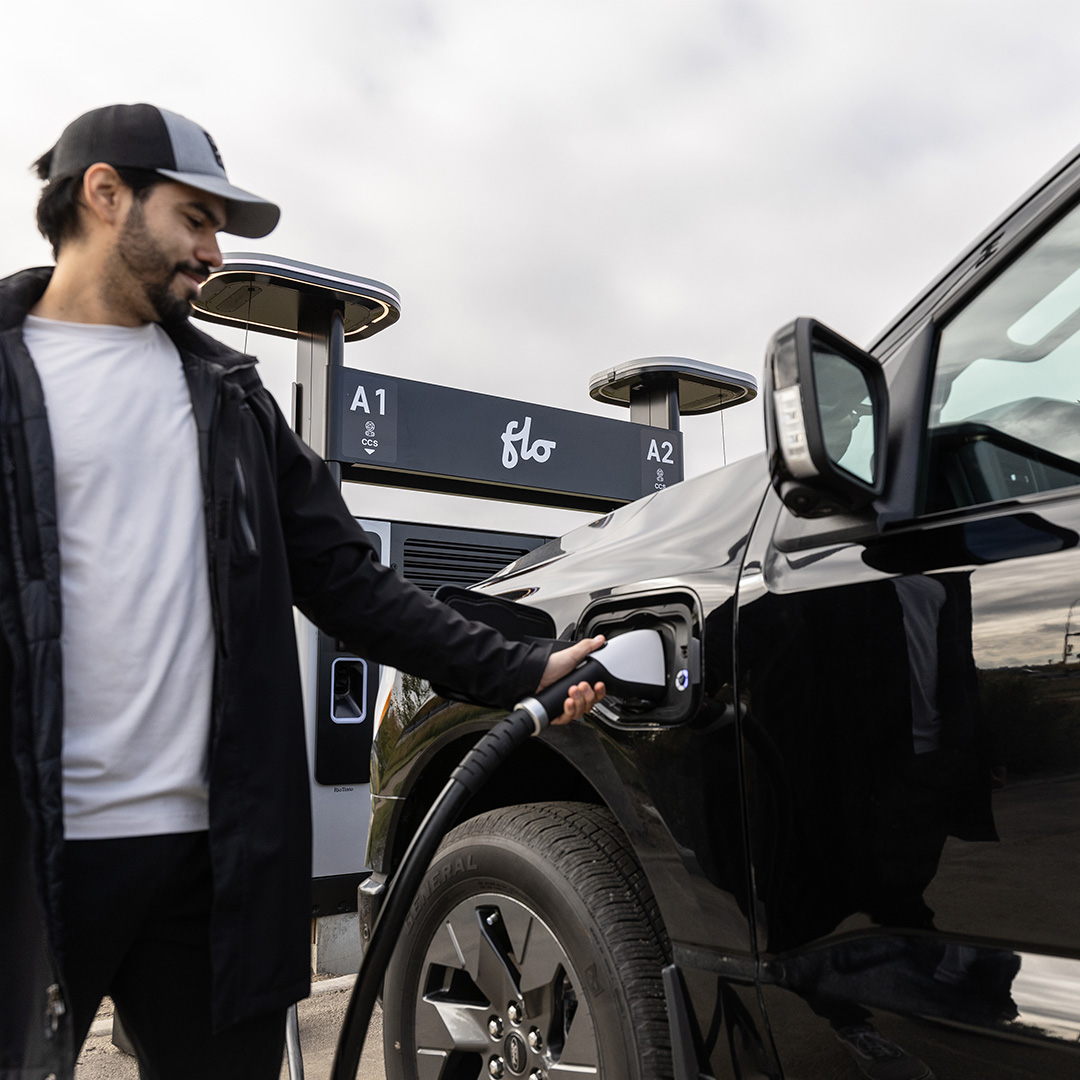- For EV Drivers
- For Business
- Incentives
- Alberta incentives
- British Columbia incentives
- Manitoba incentives
- New Brunswick incentives
- Newfoundland and Labrador incentives
- Northwest Territories incentives
- Nova Scotia incentives
- Nunavut incentives
- Ontario incentives
- Prince Edward Island incentives
- Quebec incentives
- Saskatchewan incentives
- Yukon incentives
- Products
- Insights
- Company
- Shop now
Charging station reliability is an equity issue
By Cory Bullis, Senior Public Affairs Specialist, FLO
As we’ve discussed in our previous blog posts, high station uptime is central to a positive EV driver experience and helps ensure governments and utilities get a high return on their investment in charging deployment. Publicly funded stations that are broken do not provide a public benefit; they also create a perception for drivers that EVs might not be a reliable option that fits their daily driving needs. This is especially acute in rural areas and low-income communities, where stations are often scarce.
Knowing that reliability matters so much raises an important question: does everyone get equal access to reliable stations? Or are there barriers that need to be addressed? While there are surveys, articles, and other anecdotes about broken stations, there isn’t good, public data on which stations are most often broken and where they are located.
Given the significant amount of infrastructure already deployed in states like California, with significant impending funding from the state and federal governments for EV infrastructure, it is the right time to be looking at station deployment with an equity lens. We need to make sure that all communities, including low-income communities, have equal access to reliable infrastructure. At FLO®, we believe strongly that no community should struggle with a lower level of reliability, especially when stations are publicly funded. The time is right for governments and utilities to assess if there are inequities in the reliability of the stations they fund, and, if inequities exist, to change funding programs to address them.
State law requires California’s Energy Commission (the Commission) to assess whether stations are distributed inequitably across the state. Spoiler alert: its latest assessment found that low-income communities have fewer chargers per capita and have the longest drive times to public fast charging*. This is an important first step in diagnosing inequities in station deployment, but it is only the first half of the conversation. The Commission has an opportunity to expand its analysis to understand how often chargers break, how long they are offline, and where this most commonly occurs. Since a frequently broken charger is as bad, or, in our view, worse than no charger at all, failing to collect reliability data could undermine data collection efforts and, ultimately, slow the creation of an equitable charging ecosystem.
In collaboration with other stakeholders, we submitted a letter to the Commission urging staff to conduct a reliability assessment. Should state agencies and utilities lack data on uptime, they could institute a reporting requirement in their funding programs. They already require reporting on other items. It is important to remember that participating in public funding programs is optional. Given the importance of reliability, it is more than reasonable to ask funding recipients to report on uptime in exchange for use of public funds.
Instituting uptime reporting requirements is the only way to give governments and utilities a holistic understanding of the quality of publicly funded infrastructure and whether there are disparities in reliability. This is consistent with recent budget legislation in California; the Legislature gave the Commission $776 million to deploy infrastructure and required them to track downtime. However, this reporting requirement does not capture all public and ratepayer funded charging station programs, which means there is more to be done.
California’s Zero-Emission Vehicle Market Development Strategy lists “equity in every decision” as one of its core principles. However, understanding equity issues related to the reliability of publicly-funded stations remains unaddressed. The state has the opportunity to research and develop a policy to ensure high and equitable uptime of stations that other jurisdictions can follow. We cannot afford to wait any longer.
*Energy Commission Fuels and Transportation Division. SB 1000 Staff Workshop. July 8, 2021. Slides 13 and 19. <Senate Bill 1000 Staff Workshop (ca.gov)>

